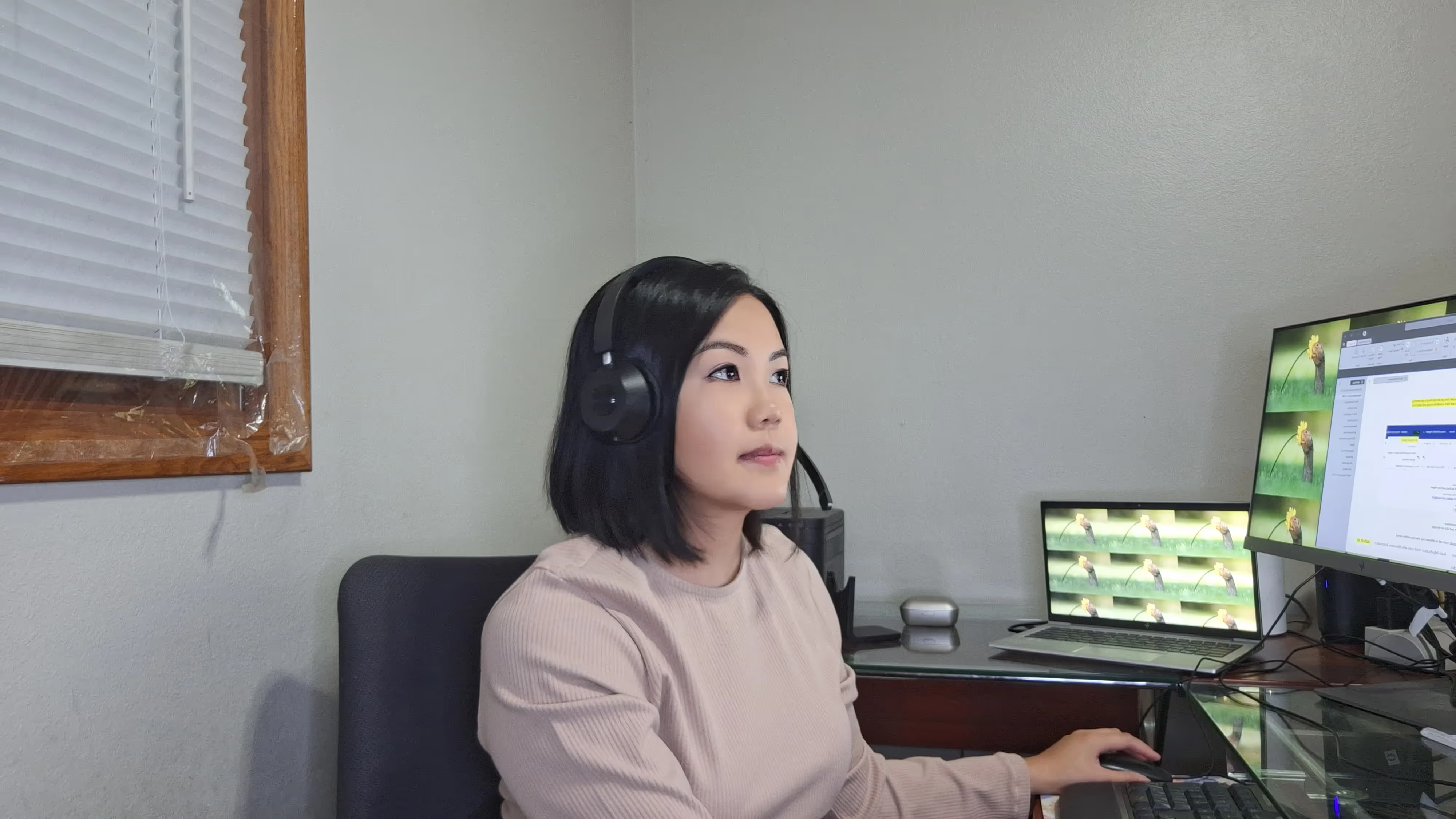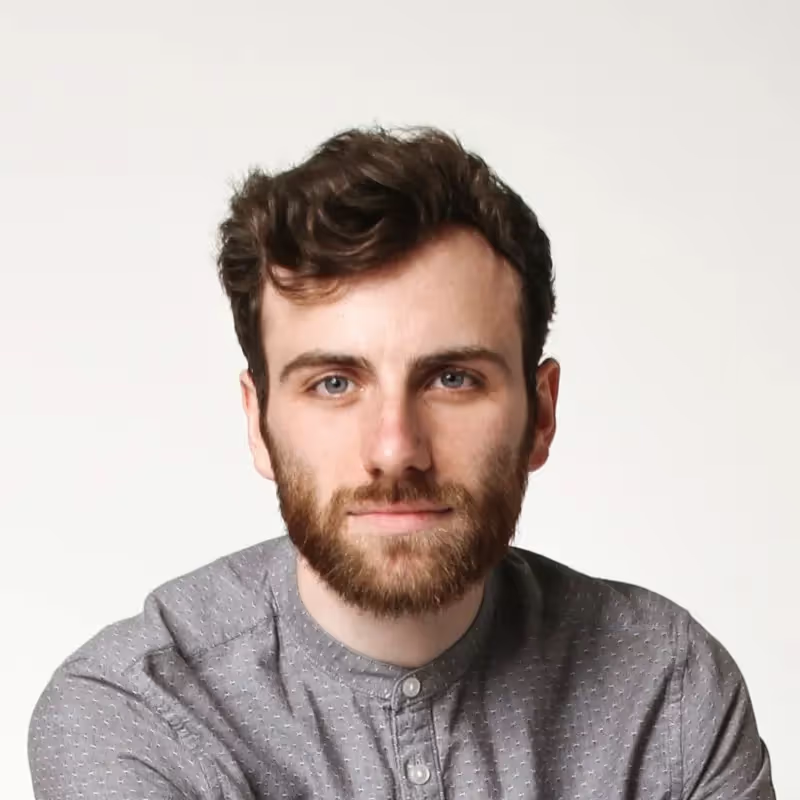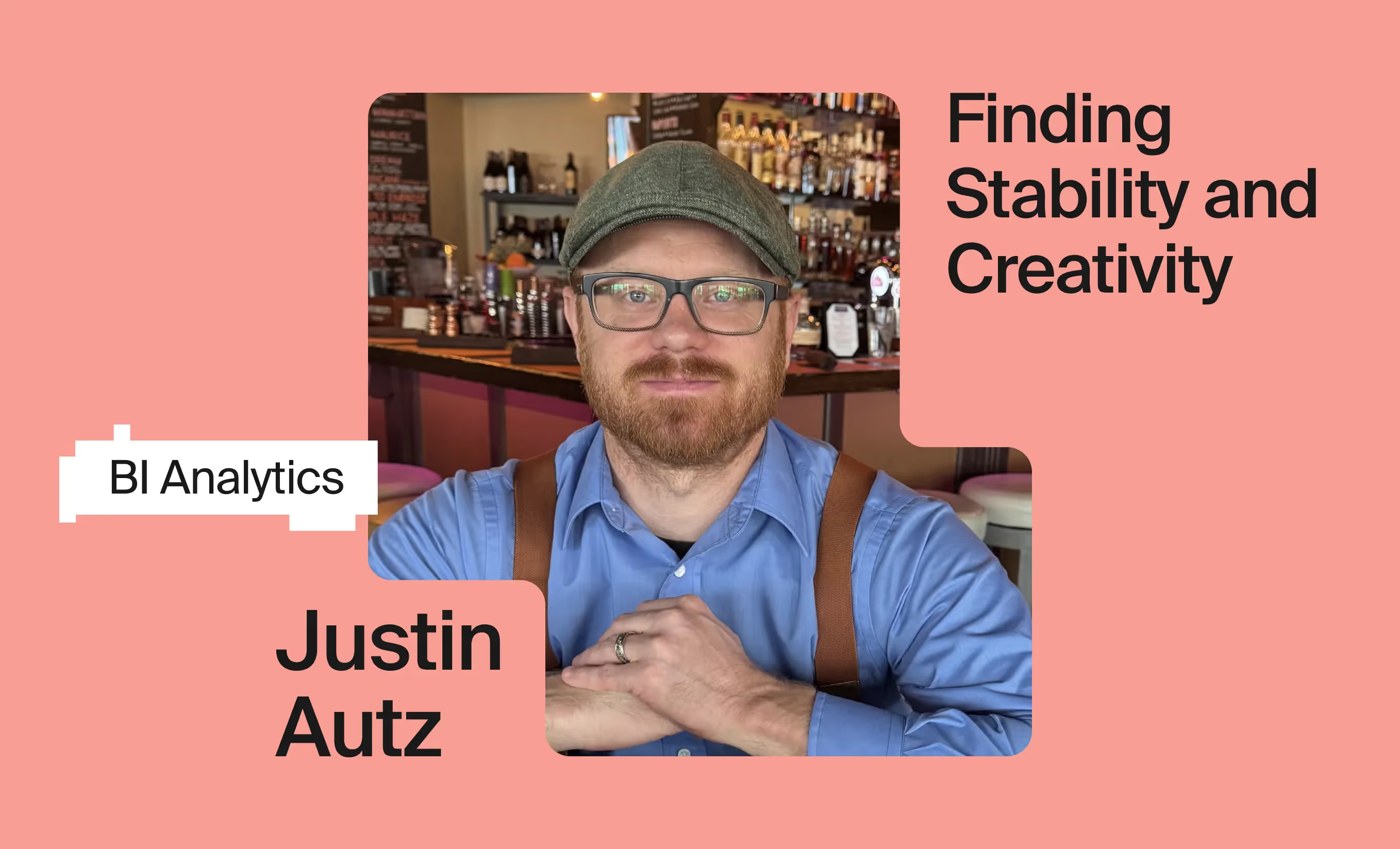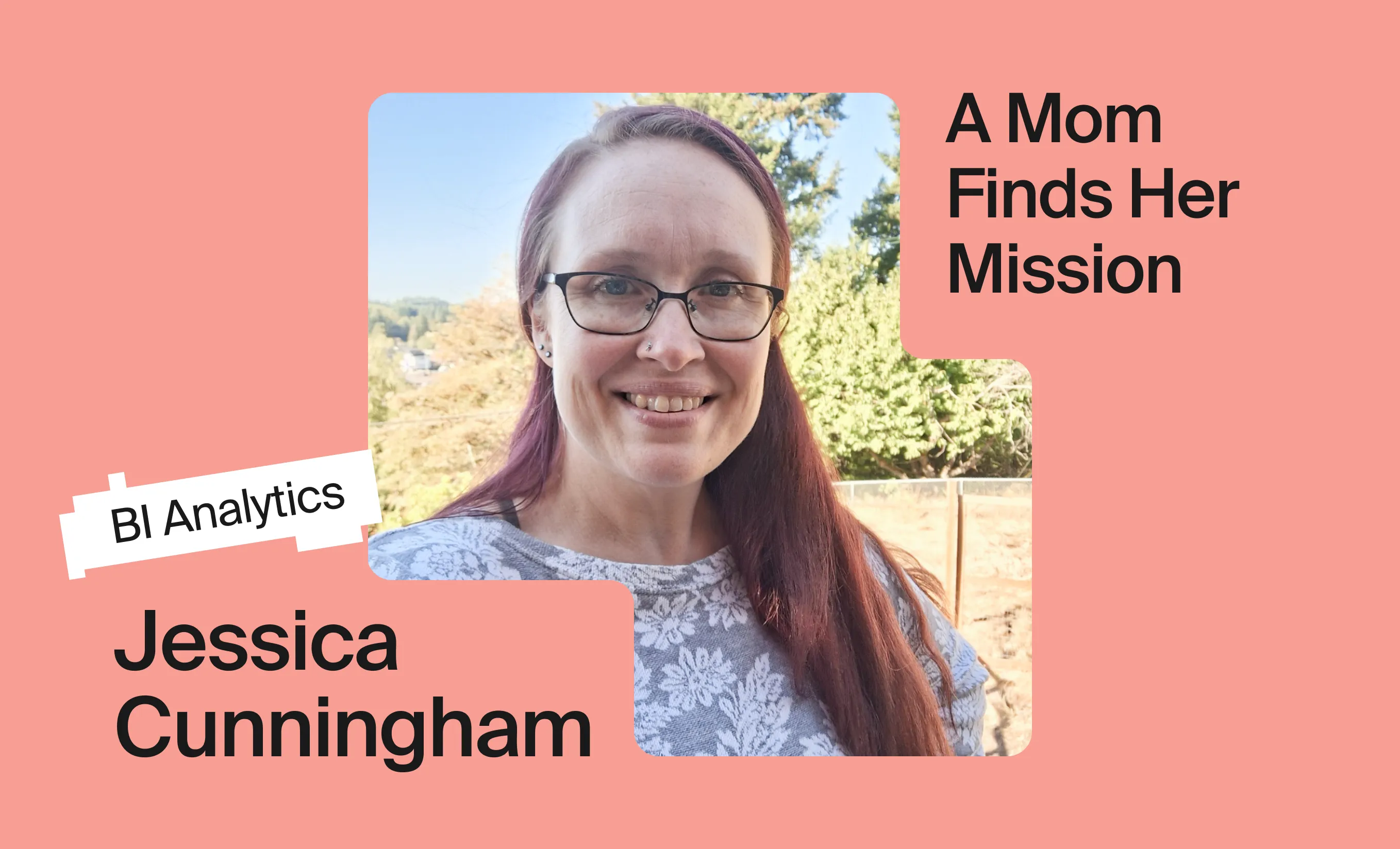You know you can do more. You took that job because, hey, bills need to be paid. But as you’ve been working at it, it’s been feeling more and more restricting. Your ambitions and curiosity no longer match what your current career offers, so you've sat down, taken an honest accounting, and it's become clear: you’re capable of that next step.
But what exactly is that next step? For mother of three and former claims adjuster Pada Xiong, that next step was going for a bootcamp. Here’s how TripleTen helped her reach a new stage in her career — all without her leaving her company.
Tracking her mouse, not her growth
After getting her bachelor’s in sociology and family studies, she was planning on getting a master’s in education. But then health issues came up, and that next degree had to be put on pause. Two years later, when she was thinking about restarting that path, it no longer had the same pull. Instead, she went for a position processing claims at a health insurance company.
For seven years, she stuck with it. It covered her expenses, but she had to handle what was essentially surveillance.
I was always being tracked: When did I take my lunch? Is my mouse moving? Pada Xiong, TripleTen grad
It got her thinking about what might come next in her career, and her aspirations sparked to life. “I felt like there was more that I could do,” she said. “I felt like there were more skills in me.”
But how to unlock them? She did some research online and discovered bootcamps. TripleTen stood out: “I liked TripleTen the most because I really liked the money-back guarantee, and I felt like TripleTen was affordable. It didn't break the whole piggy bank. And I liked the time of the learning. I think it was five months for the Quality Assurance Engineering program.”
“I felt like there was really nothing to lose,” she said. “So I decided to give it a shot.”
.avif)
Learning, working, and being a mom — all at once
For Pada, the beginning of the program gave her confidence. “It started off really nice, a very good intro that makes you feel comfortable, that makes you feel like, ‘Yeah, I think I can do this,’” she said.
And that sense of self-efficacy carried her through. This was important because she was balancing numerous responsibilities. “I have three girls, ages six, four, and three, and I also work full-time. So, I was doing the bootcamp part-time,” she said.
How’d she balance it all? During the week, she was at her job, and she was taking care of her kids, sneaking in some studying after the girls had been put to bed. But mainly, TripleTen was a weekend pursuit. Often, she’d spend full Saturdays and Sundays studying.
And when she’d hit a snag, assistance was never hard to find thanks to the community platform that kept students in touch with each other and tutors.
There was always someone available. There was never a time where you’d come on and there was no one there, dead silence. There was always someone there. Pada Xiong, TripleTen grad
This was especially useful when she encountered Python, a language that she found difficult to master. She kept on trying to get her code to function, but something kept getting stuck.
“It was driving me crazy because it felt like I did everything right, but I couldn't get it to work,” she said. So she went to a tutoring session, and found that she had written the code correctly in the larger sense. The problem? A few tiny things here and there that Python didn’t like. “Python is just very picky,” she said.
With the new skills down, she tackled her final project easily, and the sense of accomplishment was powerful: “When I completed it, I really felt good about myself — hey, I did that!”
Now all that was left was to turn these skills into the new career path she’d been looking for.
Landing the promotion
While Pada was gaining the skills, she was also gaining clarity. Early on in the program, she met with a career coach who asked her to reflect on the skills she already had and where they could take her.
That's when I thought, “Yeah I'm working for a huge insurance company already. I can definitely just grow inside the company.” Pada Xiong, TripleTen grad
So she started exploring what options might be open to her. “I reached out to my current supervisor and current manager [to say], ‘Hey, I'm going to be done with this program in February and this is what I've been doing, what I've been working on. Do you know if there's any positions available or who you can reach out to?’”
She’d been helping out on a new project with this colleague, and they got along well, but at that point, there was nothing open. They kept collaborating, and Pada kept proving her skills. Then, even before she finished TripleTen, she got some great news. The colleague got back in touch: “As the months went on, about two, three months, she was like, ‘I actually do have a position now. Someone is actually leaving.’”
Having already proven herself capable of the new work, there weren’t any test tasks or interviews. Her current manager simply put in the promotion request, and Pada was brought from a position crunching numbers to one ensuring processes flow smoothly.
One skill she gained at TripleTen has been crucial in her new role: “The documenting. The Quality Assurance program really taught you how to find errors, find bugs, document your findings.”

But the rest of what she’s learned has also served her well as she’s taken on a wide range of new responsibilities: “I create workflow maps to automate claims to reduce manual processing. I also work with internal business partners such as software engineers and the software production team. I run reports, I analyze those reports, I find bugs, I find errors, and I check the quality of it. Any fails, I document them and I return them back to the software engineering team, and they make updates to it and then we go through this process over again.”
She’s reached that more she knew she was capable of, and it’s come with real perks. Notably, she’s now free from the feeling of constantly being watched, and she has a sense of new community: “This new position is definitely a lot more lenient. I take lunch when I want, and it’s definitely a much smaller team, so I’m getting to know my colleagues better.”
Follow Pada’s lead

.avif)














